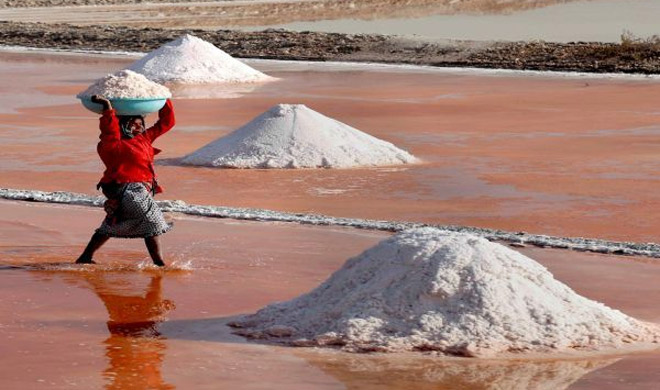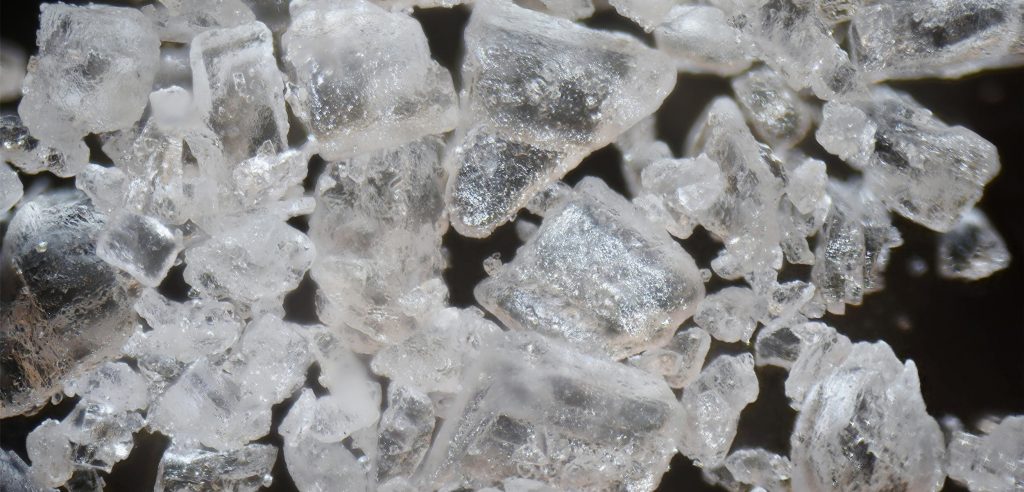
It’s everywhere! And surely anything as ubiquitous as salt has a place in your writing. The English language is sprinkled liberally with salt. The following phrases are so common that they are clichés, and writers note: as such these may have a place in dialogue but seldom, if at all, in narrative. No doubt most if not all of these are familiar, so take this as a nudge to use them.
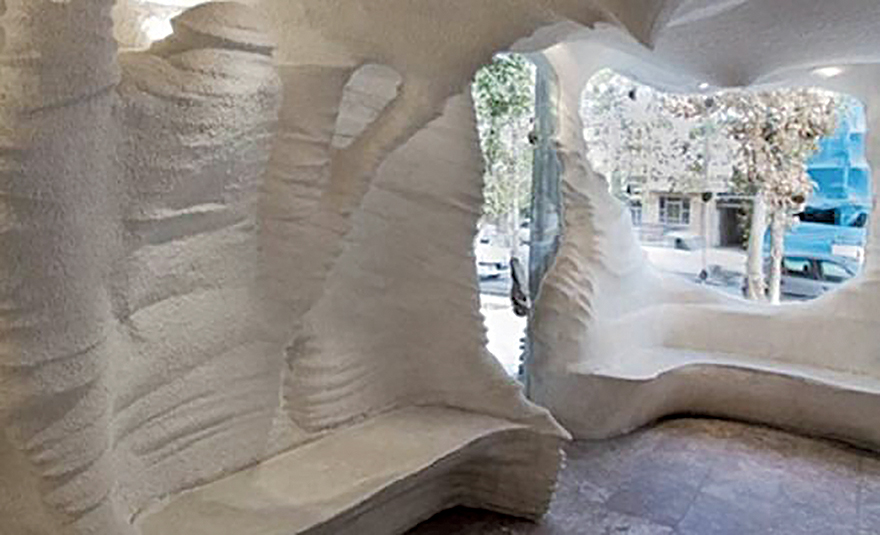
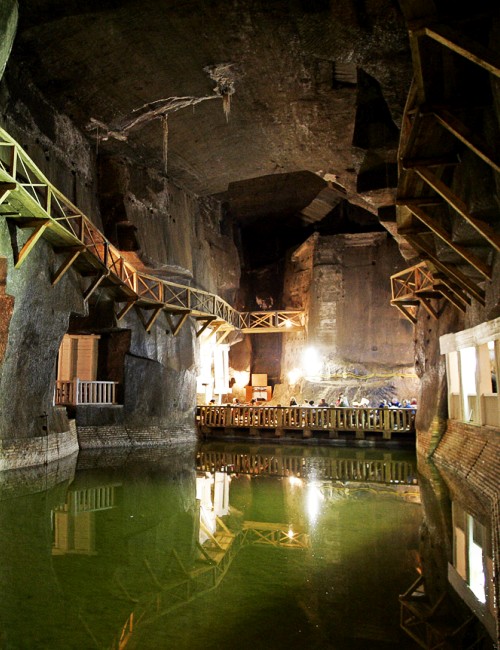
- Rub salt into the wound: make a painful experience worse
- Salt a mine: bring in ore or something else to make the source seem rich
- Salt the books: inflate receipts to falsely show more money
- Salt of the earth: a really good person
- Salting the earth: victors sowed salt to prevent the growth of plants on enemy land
- Worth one’s salt (or not): has earned his money (or not)
- Take something with a pinch/grain of salt: view skeptically, think something is exaggerated
- Salt away: save for the future
- Old salt: old seaman
- Above/below the salt: above is closer to the seat of power, indicating the diners’ relative status
- Salt mine: figuratively, work, especially a difficult job or task
- Salty language: somewhat rude or shocking
Writers: Consider building a scene or a plot around one of these
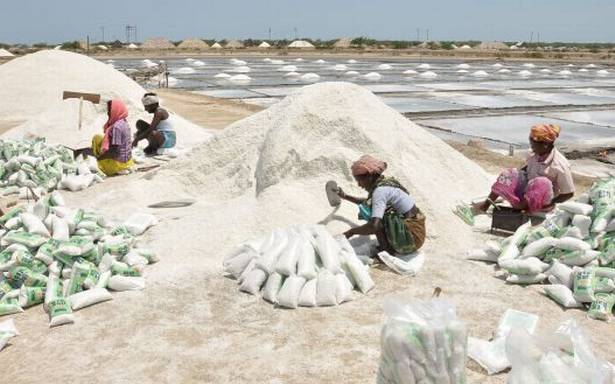
Salt in Religion
As valuable as salt has been, finding it used in religious ceremonies is only to be expected.

- In Hittite rituals, during Semite and Greek festivals at the time of the new moon, salt was thrown into fire where it popped and crackled.
- Egyptians, Greeks, and Romans made offerings of salt and water to their gods.
- Some historians think this may have been the origin of Holy Water in Christian rituals.
- In Aztec tradition, the fertility goddess (Huixtocihuatl) presided over salt and salt water.
- Hindus consider salt auspicious and use it in weddings and house-warmings.
- Devotees of Jainism lay an offering of raw rice with a bit of salt before a deity to symbolize devotion.
- Salt is sprinkled on cremains before they are buried.
- Mahayana Buddhists use salt to ward off evil spirits.
- After a funeral, a pinch of salt is thrown over the left shoulder to prevent evil spirits from entering the house, a practice that is also copied by superstitious people of many cultures.
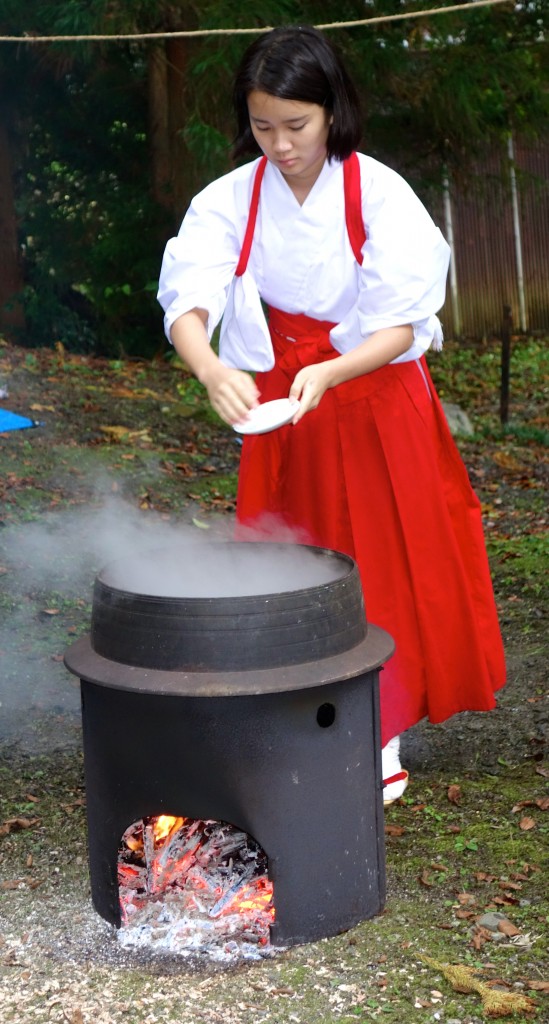
- In Shinto Buddhism, salt is used for ritual purification (people and places).
- Small piles of salt are placed at the entrances of shrines to ward off evil and attract patron spirits.
- In Judaism, salted bread is recommended for passing around the table after the Kiddush.
- Sabbath bread is dipped in salt, as are the bitter herbs at Passover.
- Both Jewish and Muslim dietary laws require removing blood from freshly slaughtered meat; salt and brine are used for the purpose.
- In Wicca, salt is symbolic of the element Earth; it cleanses harmful or negative energy. A dish of salt and one of water are nearly always present on an altar, and salt is used in many rituals and ceremonies.
What if a character not of a particular culture or religion learned something about the rituals and decided to practice them?

When most people think “salt” they think of seasoning food. In fact, only 6% of salt is consumed by people. Even so, gourmets identify at least 12 salts used in food preparation. Also, salty is one of the five basic tastes (along with sweet, bitter, sour, and umami). In addition, salt releases food molecules into the air, giving food an aroma. And FYI, apart from the basic tastes, almost all other tastes are actually smell. In small amounts, salt curbs bitterness and enhances sweet, sour, and umami. In higher amounts, it reduces sweetness and enhances umami, great for savor and meat dishes.
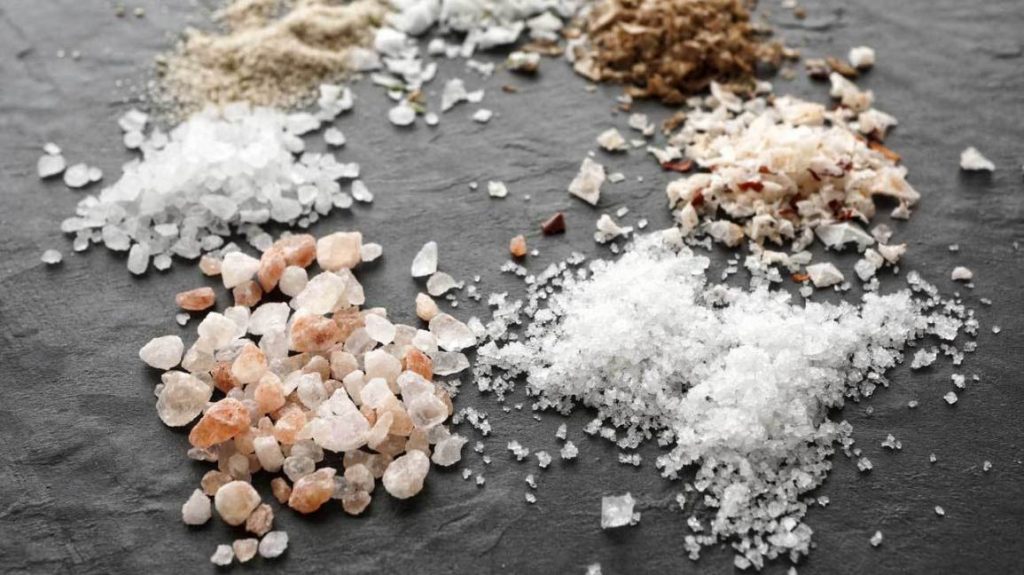
- Table salt: most common, from underground deposits, highly refined and finely ground, usually treated with an anti-caking age. Often iodine is added to prevent goiter.
- Kosher salt: flakier and coarser grained than table salt, good for sprinkling on food and cooking. Does not have additives. Not kosher itself, it’s used in the koshering process
- Sea salt: from evaporated sea water, usually unrefined and coarser grained than table salt. Contains minerals (e.g., zinc, potassium, iron) and flavor from where harvested.
- Himalayan pink salt: purest salt in the world. It contains the 84 elements found in the human body.
- Celtic sea salt (gray salt): harvest off the coast of France, mineral rich, chunky grains.
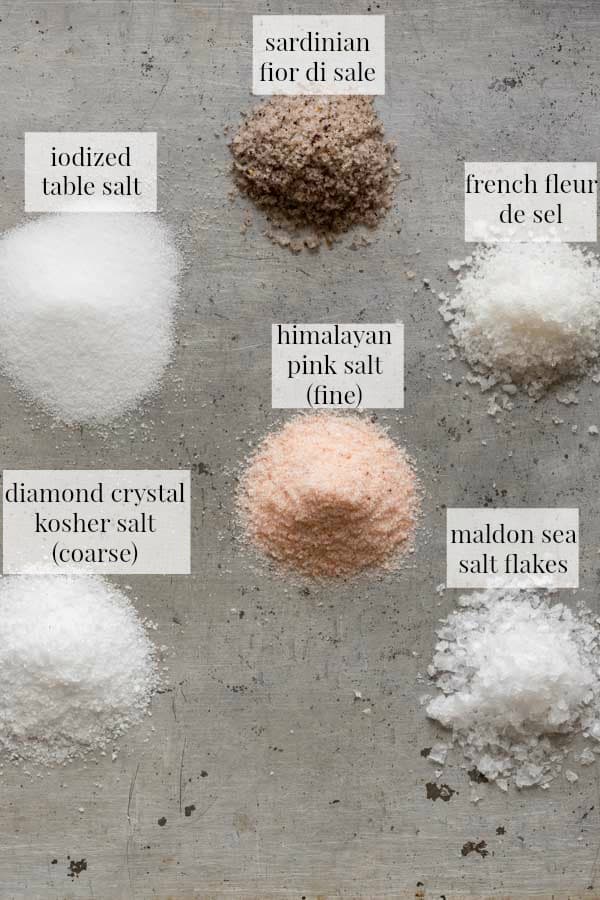
- Fluer de sel (flower of salt):delicate, paper-thin crystals, harvested by hand with wooden rakes, the most expensive of all food salts
- Kala namak (black salt): it’s Himalayan, with a faint sulfur aroma that goes tofu (for example) the taste of eggs
- Flake salt: harvested by boiling sea water, thin irregular crystals, very low mineral content
- Black and red Hawaiian salt: both coarse-grained and crunchy, great with seafood and meat.
- Smoked salt: slow smoked up to two weeks over a wood fire (e.g., hickory, mesquite, apple, oak, alder); varies in flavor
- Pickling salt: used for pickling and brining, no added iodine or anti-caking agents, not many base minerals
Consider a character who has 5 or 6 types of salt on hand: which kinds and why?
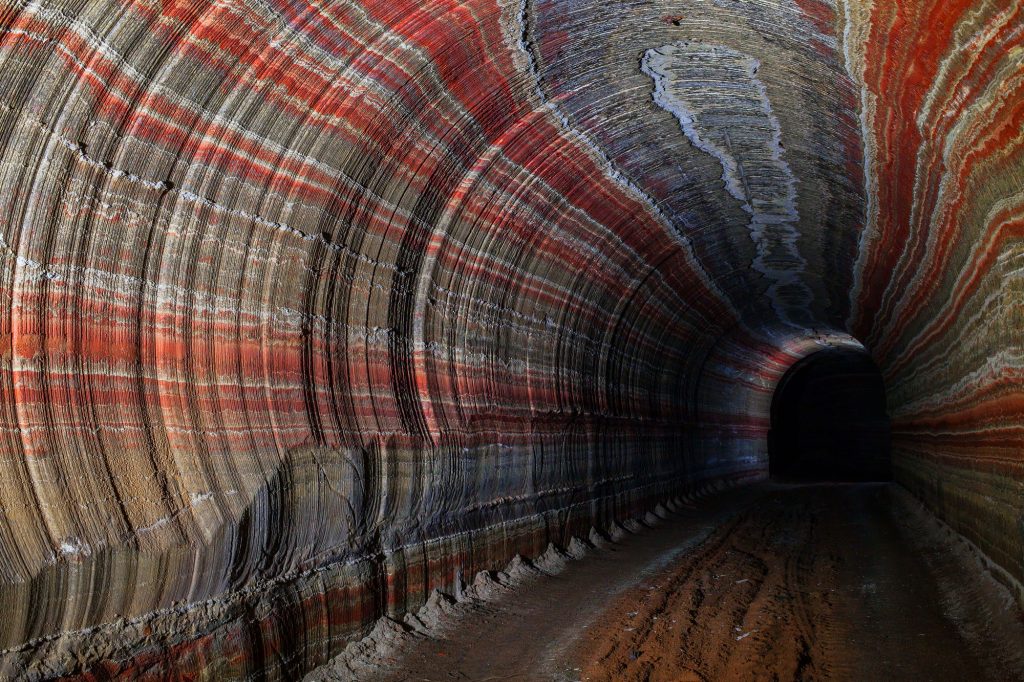
Myriad Uses for Salt
In researching this topic, I read that there are more than 14,000 uses for salt. Searching online for uses for salt turns up lists of all sorts of lengths—6, 12, 20, 55—more than enough to establish salt’s place in the life of your character. Is your character thrifty, and thus finds salt a less expensive alternative to cleaning, medical, or beauty products? Does your character strive for simplicity, and want to purge as many products as possible? Here are a few examples. Each bigger topic could be researched separately.

- Around the home
- Keep wicker looking new
- Put out a fire
- Deodorize shoes
- Prevent new towels from fading in the wash
- Health and beauty
- Alternative to mouthwash
- Exfoliate your skin
- Dandruff treatment
- Gargle saltwater for sore throat
- Cleaning with salt
- Remove tea and coffee stains from mugs and carafes
- Clean a dirty room
- Refresh chopping boards
- Get rid of watermarks on wood furniture
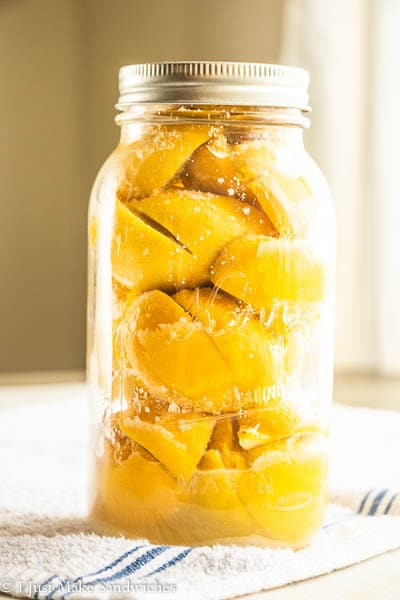
- Salt in the kitchen
- Quick and easy nut shelling
- Test the freshness of an egg
- Extend the life of cheese
- Whip egg whites and heavy quicker
- Keep sliced apples and potatoes from browning
- Salt outside
- Keep car windshield frost-free in winter
- Pain relief from a bee sting
- Keep stains from setting in clothing

Importance of Salt—Past and Present

- It is essential for human and other animal life.
- At the same time, excessive salt consumption is related to high blood pressure and other cardiovascular diseases.
- Salting food is one of the oldest methods of preservation, along with drying and smoking, dating to at least 6050 BCE in Bulgaria, 5400 BCE in Romania, and 6000 BCE in China. It’s still used as a preservative in processed foods.
- Other uses include water conditioning (12%)
- De-icing highways (8%)
- 68% of world-wide salt production is used for manufacturing and industrial processing (PVC, plastics, paper pulp, aluminum, soaps, glycerine, synthetic rubber, and firing pottery, drilling, to fix color in dying textiles, tanning hides)
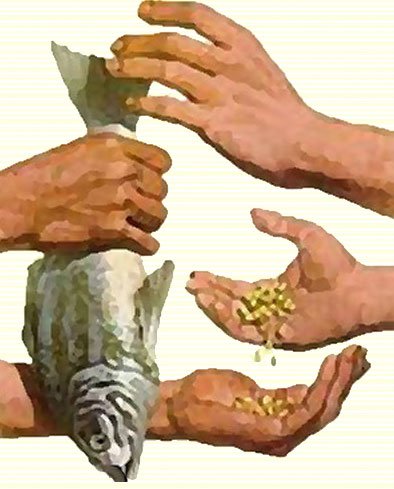
- Salt was used for barter pretty much world-wide:
- Moorish merchants in the 6th century traded salt for gold, weight for weight.
- Salt was traded like gold or silk everywhere along the Silk Road and throughout Europe.
- Salt has been used as money in Ethiopia, other parts of Africa, and Tibet.
- An allowance of salt was made to officers and soldiers in the Roman Army.

Writers: Consider an apocalyptic story in which the basic necessity of salt returns.
The Lasting Stamp of Salt
In many places, in many forms, the historical significance of salt continues to reverberate today.

- Naming rights:
- One of the oldest roads in Italy is Via Salaria, salt route
- The river Salzach in Austria translates to salt river
- Salzburg means salt castle
- The Roman allowance of salt turned into a monetary allowance to buy salt, and this salarium gave rise to the English word salary
- In Japan, a person who works a M-F office job is often referred to as a salaryman (サラリーマン )

Salting the Dead—and Not Dead
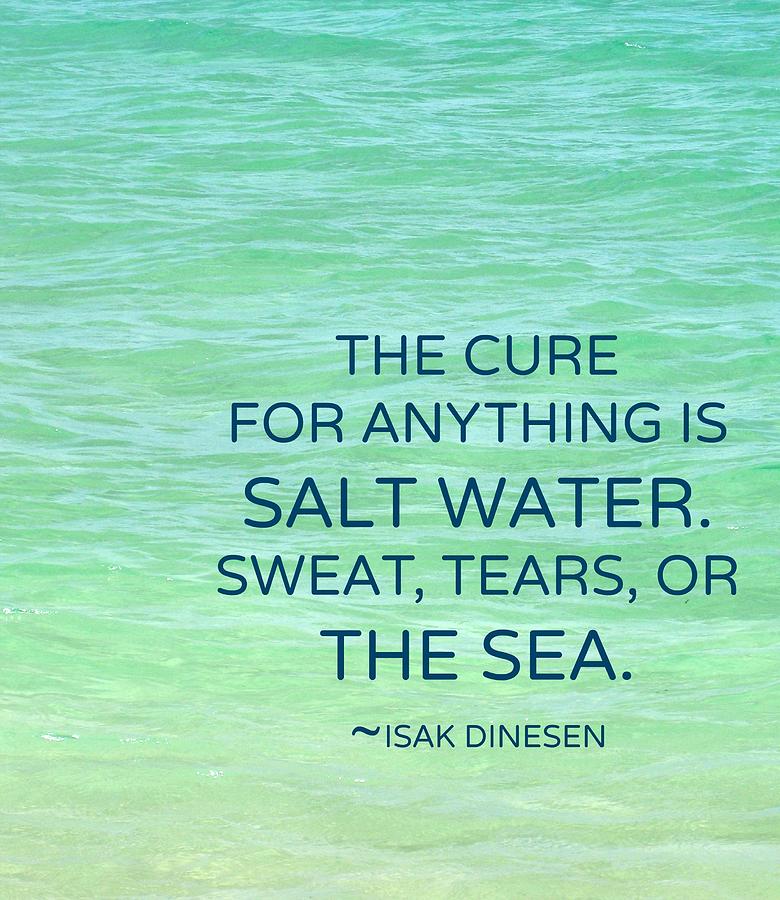
- Salt accelerates the process of decomposition of the body.
- It helps to prevent bad odor from leaking out of the soil where the corpse is buried, so dogs and other predators don’t dig up the body.
- If someone is buried in salt up to his/her neck: the salt would start to draw water out of the body slowly. The skin starts wrinkling and drying as time goes by, mouth becomes parched and eyes become irritated because of the loss of moisture. It becomes harder to breathe as water leaves the body and the blood becomes thicker and more coagulated. The terrible thing is that unlike being buried alive, the person would likely remain conscious and eventually delirious before dying a long time later. The corpse would be dehydrated and preserved by the salt and thus become a mummy.
Writers: consider the dark possibilities of torture and/or murder.

Bottom line for writers: sprinkled throughout!

